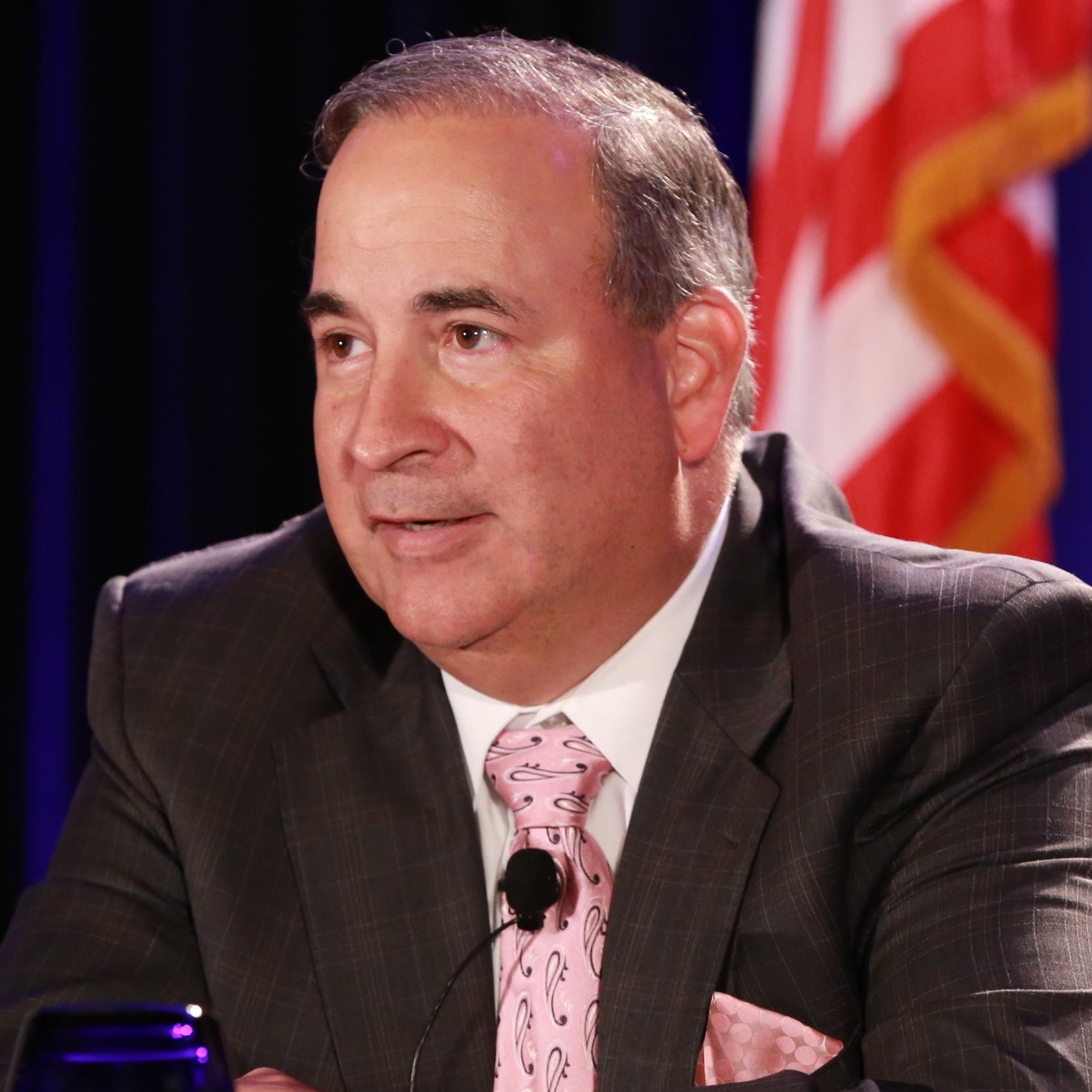Colorado’s credit access crisis | OPINION


In these already uncertain economic times, Coloradans – like most American consumers – continue to face higher day-to-day costs just to make ends meet. New legislation could further restrict access to affordable credit that would otherwise be available for hardworking residents, at a time they are seeking greater financial flexibility and relief.
This month, the state legislature is considering a bill introduced by Aurora Rep. Mike Weissman (HB 24-1148) to change the way state-regulated nonbank lenders in Colorado calculate interest rates. With a significant portion of Colorado already classified as credit insecure or at-risk, the proposed bill will disproportionately affect communities with lower median earnings and credit scores below the national average. If passed, this bill could create even greater economic distress for Coloradans.
Stay up to speed: Sign up for daily opinion in your inbox Monday-Friday
Rep. Weissman’s bill proposes to move Colorado to a lending model that has a proven track record of significantly reducing access to responsible credit in states that have made similar changes. In Illinois, for example, an independent study found a 38% decrease in lending to residents with less-than-perfect credit scores since a similar law was enacted three years ago.
In Colorado, more than a million residents have less-than-perfect credit scores that make it difficult to secure loans from banks and credit unions. Colorado residents in more than a third of the state are already at a disadvantage compared to similar consumers nationally, with 22 of the 64 counties in the state classified as either credit insecure or credit at-risk by the Federal Reserve. If this legislation passes, those Coloradans will face significant challenges in accessing affordable credit products like personal loans, which may be the only form of credit for which they qualify.
This economic insecurity is even more acuate in Rep. Weissman’s diverse Aurora district, where the median annual salary is just above $40,000 and the average credit score is 10 points lower than the national average.
HB 24-1148 narrowly targets a small number of good actors in the lending space in Colorado that provide safe, responsible credit, threatening to further reduce consumer options, particularly for those where options are already scarce. The legislature already voted during last year’s session to limit the number of banks that can offer loans in Colorado, making access to credit even more scarce.
This proposed legislation threatens to eliminate the more than $400 million in loans made to Coloradans last year alone. For more than 50 years, Coloradans with less-than-perfect credit scores have turned to state-supervised, nonbank lenders that run brick-and-mortar locations in their local communities to meet their borrowing needs. These lenders create local jobs, pay local taxes and are fully regulated by the Colorado Attorney General. Supervised lenders in Colorado operate under extensive federal and state laws, regulations and supervision.
Rep. Weissman’s bill misses the mark and will create financial chaos for hardworking Coloradans in a time when economic uncertainty calls for more credit options, not fewer. Colorado residents deserve access to safe, responsible credit now more than ever. We need to stop this bill from moving forward and preserve financial security and flexibility for all Coloradans.
Bill Himpler is the president and chief executive of the American Financial Services Association, the national trade association for the consumer credit industry.










